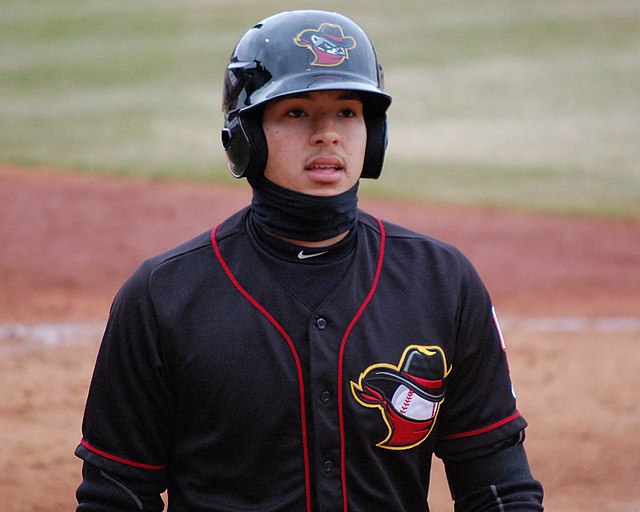The San Francisco Giants signed shortstop Carlos Correa to a 13-year, $350 million deal, which broke previous records for both term and sum. It was more than any of the other “big four” shortstops who became free agents this offseason—Xander Bogaerts, Dansby Swanson, and Trea Turner—had received (so far and most likely in the end.)
Discuss whether Correa merits such a large financial investment if you like. However you look at it, he provides the Giants a bonafide superstar with a tonne of postseason experience at a premium position, and he will strengthen a lineup that has generally mixed and matched its way to success in three seasons under manager Gabe Kapler.
However, Correa’s position is far from perfect in terms of fantasy baseball, our grand game in which just a player’s raw statistics count.
Correa’s new base
Correa’s new home, Oracle Park in San Francisco, is one of the worst possible venues for hitters. According to Statcast’s three-year park factors, it has been the third-worst venue overall (95), the third-worst venue for home runs (73 park factor, meaning it suppressed home runs by a staggering 27%) for all hitters, and the second-worst venue for home runs (76 park factor) and overall (95) for right-handed batters.
It was a big deal to the the the, and that the and the and the and the the the a, and how., and the of the field, a fielding their It remains a vast venue even after the alteration.
In the meanwhile, Correa can hit 30 home runs when healthy, and he’ll definitely manage it at least once over his soon-to-be-13 seasons in San Francisco. But I doubt either you or I will be able to predict which year it will occur.
He is a very talented player who will serve as the team’s regular No. 2 or No. 3 hitter, which is unique in Kapler’s platoon-oriented lineups. This is the best argument in favor of him in fantasy baseball.
During Kapler’s first three seasons as manager, the team averaged the eighth (2020), sixth (2021), and eleventh (2022) most runs per game in baseball. Correa should have little trouble repeating the if he stays healthy. He has a batting line of 277.356.481 or 28 home runs per 162 games.
What happens to Brandon Crawford is the other significant repercussion of Correa’s deal. Trade is undoubtedly a possibility, one that would help him in fantasy (especially now that he is moving from Oracle Park to practically any better offensive setting), but he could also switch to third or second-base and fit into Kapler’s matchup-focused lineup patterns.
Crawford is a stronger points-based than rotisserie fantasy hitter, but because playing time tends to boost his production, he is at serious risk of falling to equal his positional Player Rater ranking of No. 55 from the previous year if he stays in San Francisco.
Here are more stories related to baseball.

